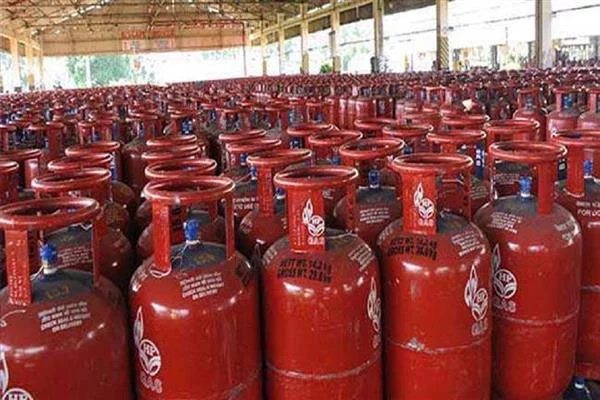The recent decision of the Narendra Modi government to reduce LPG gas prices by ₹200 per cylinder has ignited diverse political reactions from different parties and leaders. While the move is being applauded by some members of the BJP-led National Democratic Alliance (NDA), it is met with skepticism and criticism from the opposition, particularly members of the INDIA alliance.
West Bengal Chief Minister Mamata Banerjee, a vocal critic of the central government, celebrated the price reduction as an outcome of the INDIA alliance’s pressure. She pointed out that only two meetings had taken place within the alliance in the past two months, highlighting the impact of their collective efforts.
RJD leader Tejashwi Yadav echoed the sentiment, suggesting that the price cut was a result of the alliance’s influence. He emphasized that the strength of the alliance would become apparent once everything was finalized.
On the contrary, some opposition leaders were not satisfied with the magnitude of the price reduction. NCP leader Supriya Sule criticized the government for not making a steeper cut in LPG prices. She questioned the effectiveness of a ₹200 reduction and advocated for a more substantial decrease to alleviate the financial burden on people.
Congress president Mallikarjun Kharge labeled the reduction as an ‘election gift’ aimed at gaining votes. He accused the Modi government of distributing such gifts as votes began to decrease, insinuating a political motive behind the decision. Kharge further criticized the government for allegedly exploiting the hard-earned money of the people.
The Modi government’s decision to lower LPG gas prices by ₹200 per cylinder has thus elicited a wide range of reactions, reflecting the ongoing political dynamics and positioning of different parties. While some view it as a positive step, others remain critical, attributing political motivations to the move and emphasizing the need for more substantial relief measures.














